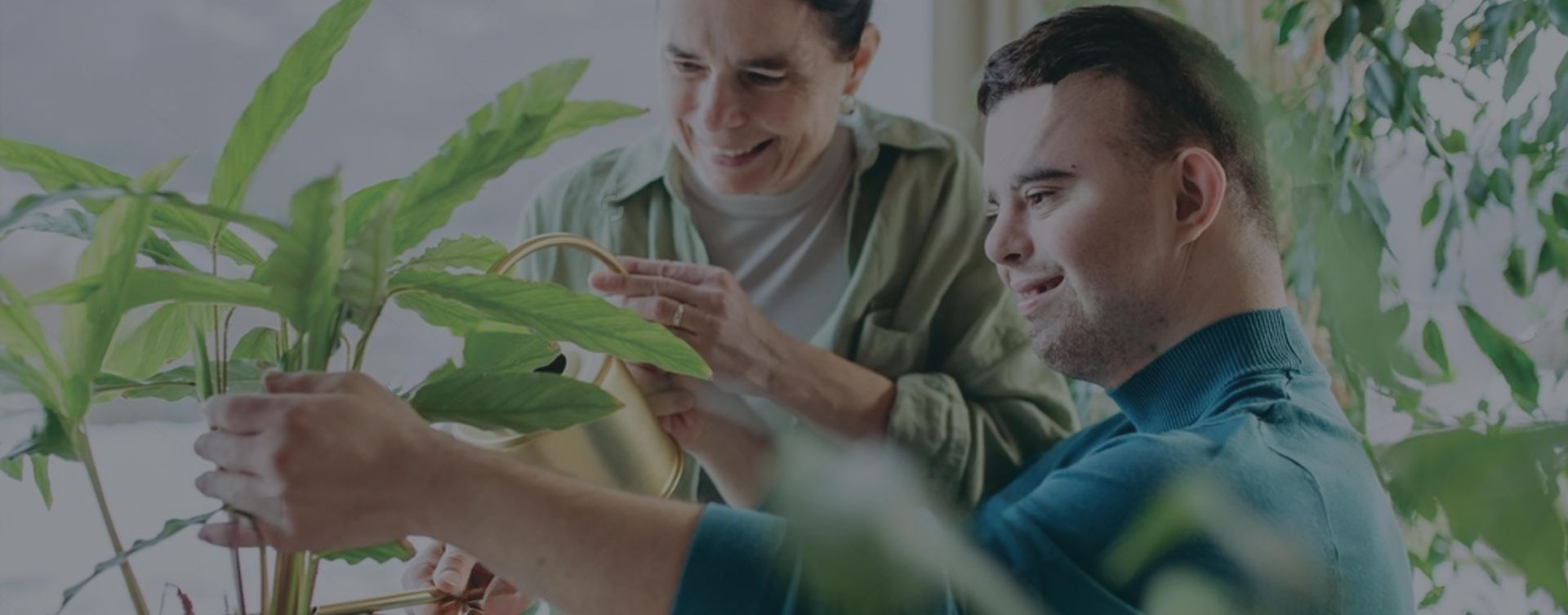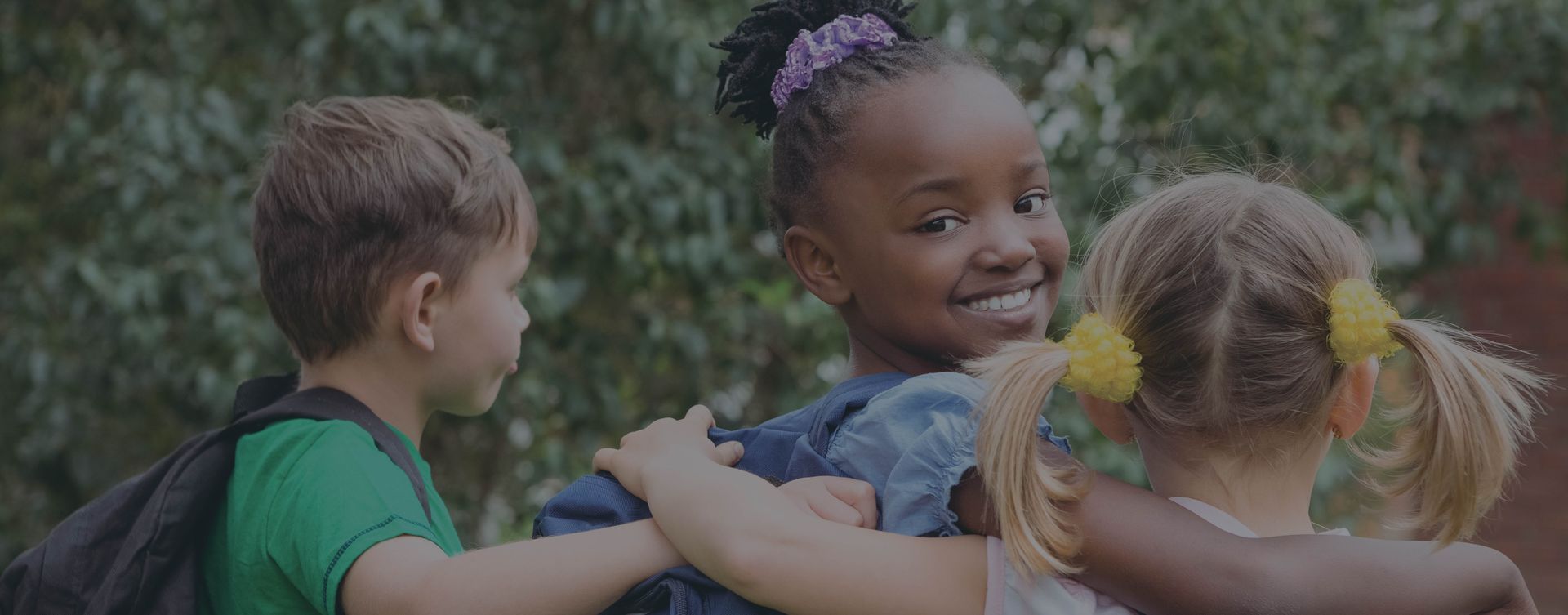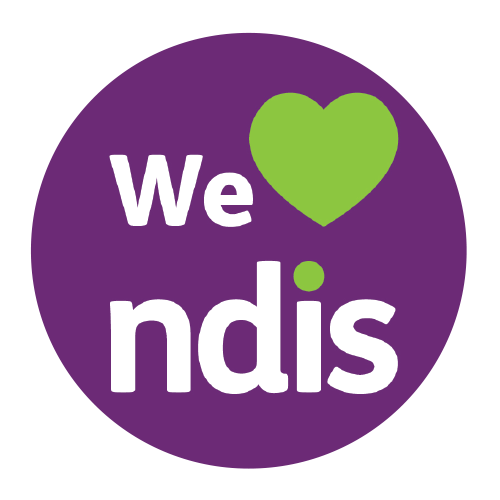Kindness Goes A Long Way
Celebrating World Kindness Day: A Chance to Spread Joy and Inclusivity
As we approach World Kindness Day on November 13, 2024, we’re given a wonderful reminder to infuse a little extra kindness into our lives and interactions. It’s an invitation to recognise and uplift the people around us, including those with disabilities, and to create a world that feels welcoming to everyone, regardless of their abilities or backgrounds.
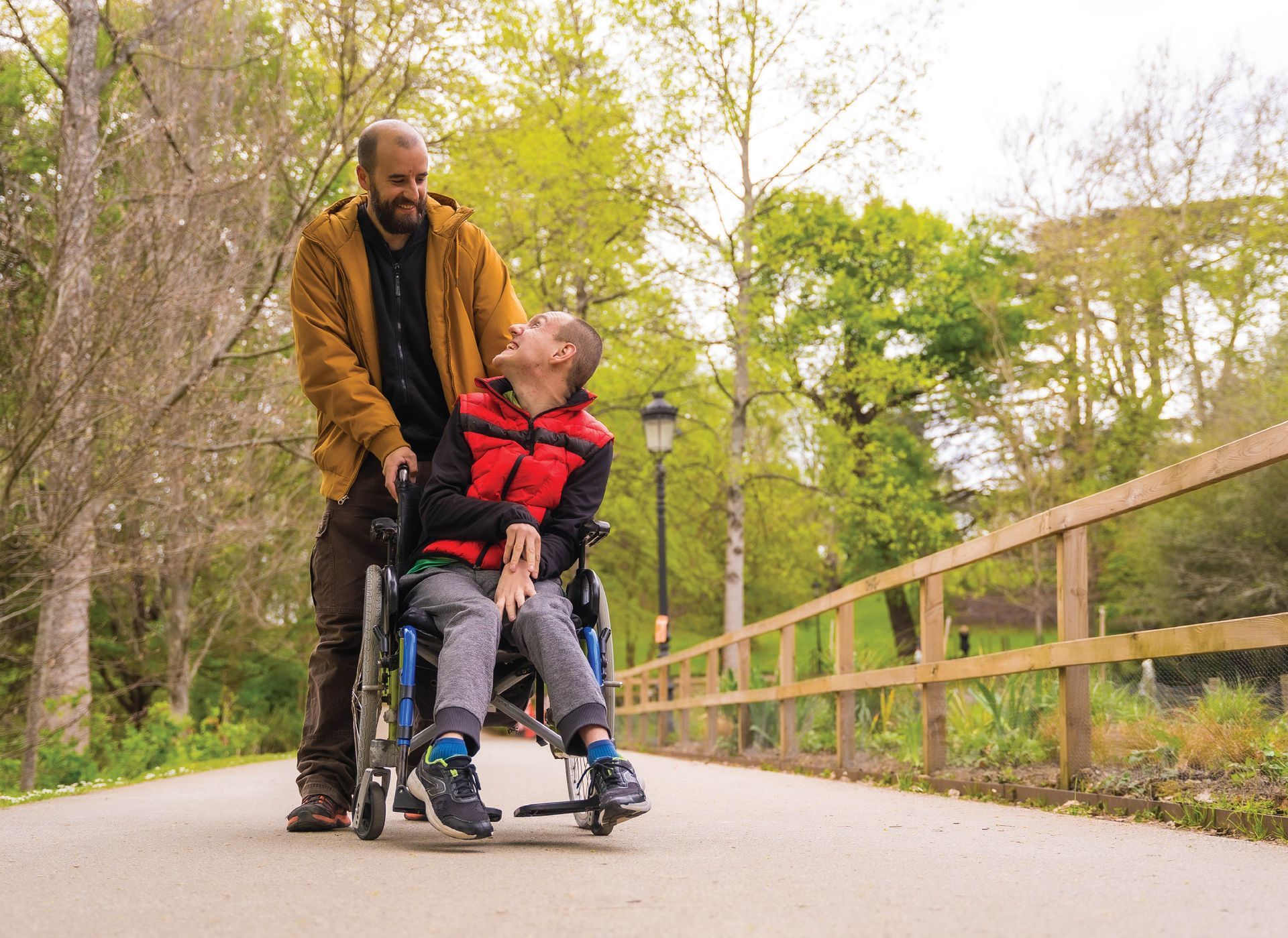
The Power of Small Acts of Kindness
Kindness doesn’t need grand gestures to make an impact. A warm smile, encouraging words, or a simple helping hand can brighten someone’s day. These little acts are often undervalued, yet they hold incredible power. Imagine stopping to help someone carry groceries or offering a seat on a crowded bus—these moments of kindness connect us, breaking down walls of isolation and difference.
Showing kindness to individuals with disabilities can be especially transformative.
Simple gestures, like engaging in conversation, ensuring accessibility, or offering a friendly greeting, foster a sense of belonging for everyone. Kindness is about making people feel seen, respected, and valued.
How to Be Kind and Inclusive to People with Disabilities
If we want kindness to be truly inclusive, we must be intentional.
Here are some ways to show kindness, especially for people with disabilities:
Listen and Engage with Genuine Interest
The most powerful kindness is listening without assumptions. Engage someone in conversation and listen with an open heart, aiming to understand their perspective without imposing stereotypes.
Make Spaces Accessible
Ensure that events, workplaces, and gatherings are accessible for everyone. Simple details like accessible entrances, restrooms, and seating can make all the difference.
Be Patient and Understanding
Patience is a key part of kindness. Some people may need extra time or assistance. Taking that time can make them feel more comfortable and included.
Use Inclusive Language
Language shapes how others feel about themselves. Choose words that respect people with disabilities, fostering a culture of acceptance. If you’re unsure, just ask; most people appreciate curiosity over assumptions.
Support Disability-Friendly Businesses
Support businesses that prioritise accessibility and inclusivity. By doing so, we contribute to a society where everyone has the chance to participate fully.
Offer Help, but Always Ask First
Offering help is kind, but always ask first. Asking “Would you like a hand?” gives the person autonomy and shows you respect their independence.
Moving Forward: Kindness Every Day
World Kindness Day is a great starting point, but kindness shouldn’t be limited to one day.
The spirit of kindness creates a ripple effect, inspiring others to act with compassion. By building daily habits of kindness - smiling at strangers, lending a helping hand, supporting accessible spaces - we create a more inclusive world for everyone.
As we celebrate World Kindness Day, let’s carry forward the goal of making kindness and inclusion part of our everyday lives. Together, we can build a community that embraces all people, especially those who may have felt excluded.
